Chimpanzees in Queen Elizabeth national Park, Uganda
Nestled in the heart of Queen Elizabeth National Park lies Kyambura Gorge, fondly known as the “Valley of Apes.” This incredible 16-kilometer-long gorge, with its lush tropical forest, is one of Uganda’s most stunning landscapes. For travellers seeking a unique wildlife encounter, chimpanzee trekking in Kyambura Gorge offers an unforgettable experience.
A Journey into the Wild
Chimpanzee trekking in Kyambura Gorge isn’t just an activity, it’s an intimate journey into the life of our closest relatives in the animal kingdom. As you descend into the gorge, the air changes. The vibrant sounds of the forest, from bird songs to rustling leaves, greet you, setting the tone for an exciting adventure.
The gorge is home to a small but remarkable community of habituated chimpanzees. Guided by experienced trackers, you’ll navigate the forest trails in search of these playful and intelligent primates. Along the way, you’ll learn about their behaviours, diet, and social structure, giving you a deeper appreciation of their place in our ecosystem.
More Than Just Chimps
While the chimpanzees are the main attraction, Kyambura Gorge is also a haven for other wildlife. During your trek, you might spot black-and-white colobus monkeys, olive baboons, or even an elusive forest elephant. Bird enthusiasts will delight in the diverse species found here, including the African finfoot and vibrant kingfishers that grace the forest canopy.
The gorge itself is a natural wonder. Its sheer walls, cloaked in dense vegetation, create an almost mystical atmosphere. Streams crisscross the floor of the gorge, adding to its serene beauty.
What to Wear for Chimpanzee Trekking in Uganda?
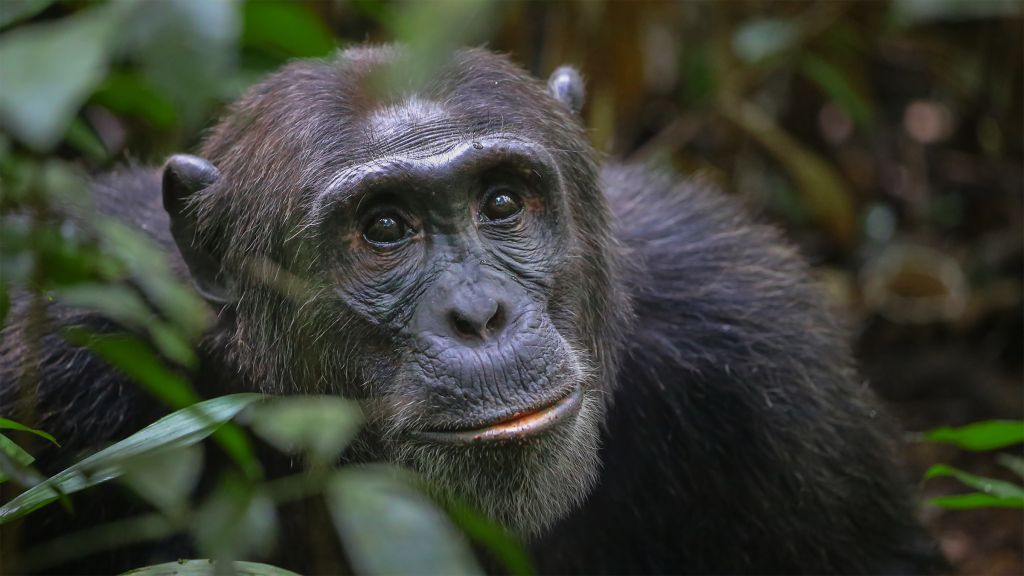
To fully enjoy your adventure, it’s important to dress appropriately for the trek. Here’s what we recommend:
- Comfortable Hiking Boots: Sturdy, waterproof boots with good grip are essential for navigating the forest trails.
- Long-Sleeved Shirts and Pants: These protect you from thorny plants, insect bites, and sun exposure.
- Rain Gear: The forest can be unpredictable, so carry a lightweight rain jacket or poncho.
- Hat and Sunglasses: A wide-brimmed hat and sunglasses shield you from the sun.
- Daypack: A small bag to carry water, snacks, a camera, and other essentials.
Can I Take Photographs with Flash?
Photographing the chimpanzees is a highlight of your trek in Uganda, but using flash photography is strictly prohibited. The sudden burst of light can startle the chimpanzees and disrupt their natural behaviour. Instead, set your camera to a higher ISO or use a lens suitable for low-light conditions to capture clear and vibrant photos.
How to Book a Chimpanzee Trekking Permit
Chimpanzee trekking permits for Kyambura Gorge are limited to ensure the conservation of the chimpanzees and their habitat. Here’s how you can secure one:
- Contact Us: At Hillary Uganda Trips, we simplify the booking process for you. We can handle permit reservations as part of your personalized tour package.
- Direct Booking: Alternatively, permits can be obtained through the Uganda Wildlife Authority – UWA offices.
- Plan Ahead: Permits are in high demand, so it’s advisable to book well in advance, especially during peak travel seasons.
Why Trek with Us?
At Hillary Uganda Trips, we prioritize not only your adventure but also the local community and the environment. Our chimpanzee trekking packages are designed to ensure that your experience is both memorable and meaningful. With the expert and local photographic guides, you’ll enjoy a safe and informative trek while contributing to conservation efforts in the area.
Our tours also include opportunities to explore the surrounding attractions of Queen Elizabeth National Park while capturing wildlife shots on your camera, such as game drives, boat cruises along the Kazinga Channel, and visits to the salt lakes of Katwe.
Plan Your Visit with us
Chimpanzee trekking in Kyambura Gorge promises memories that will last a lifetime. Book your adventure today with Hillary Uganda Trips and let us take care of the details while you immerse yourself in one of Uganda’s most magical wildlife experiences.



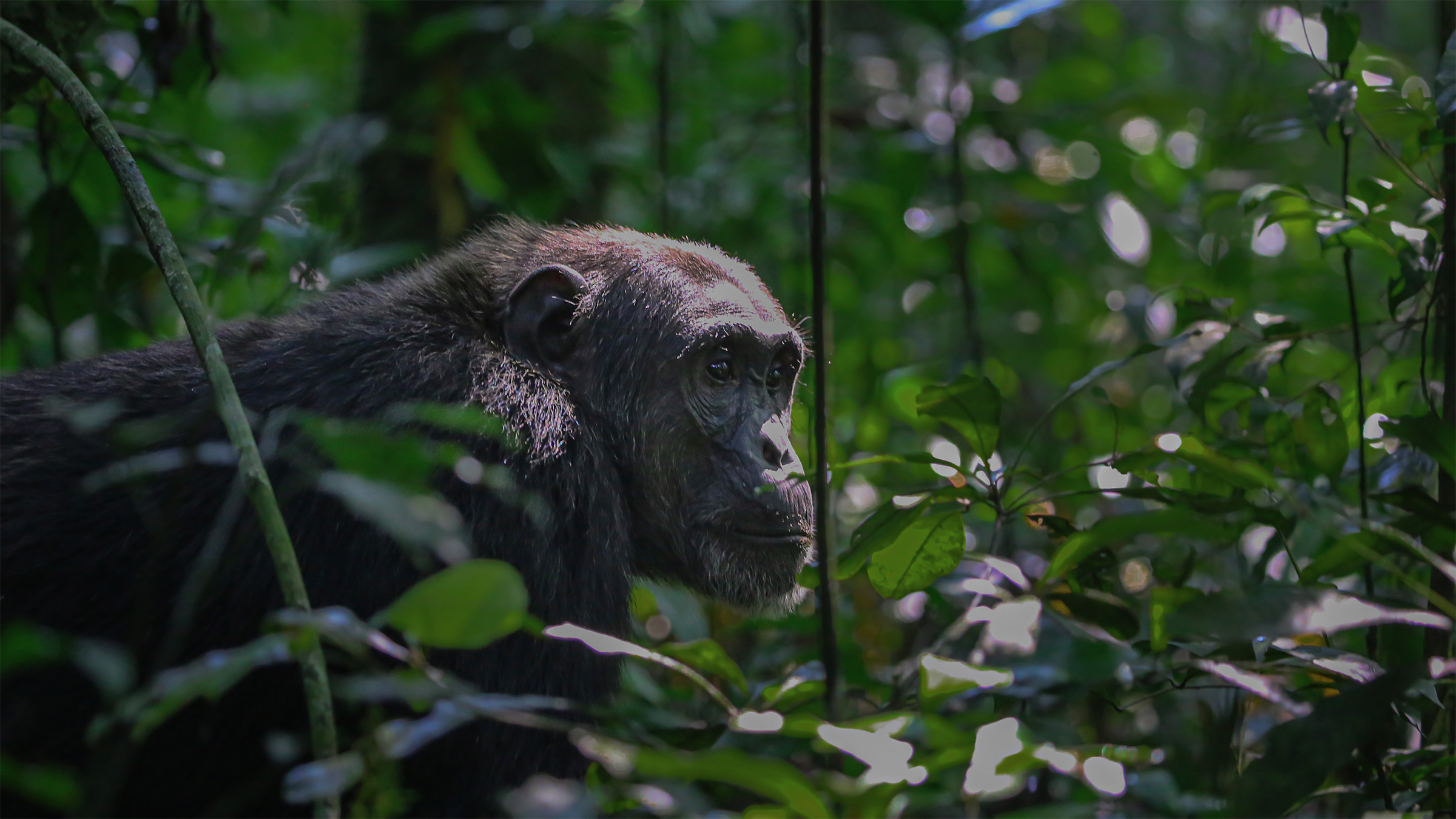
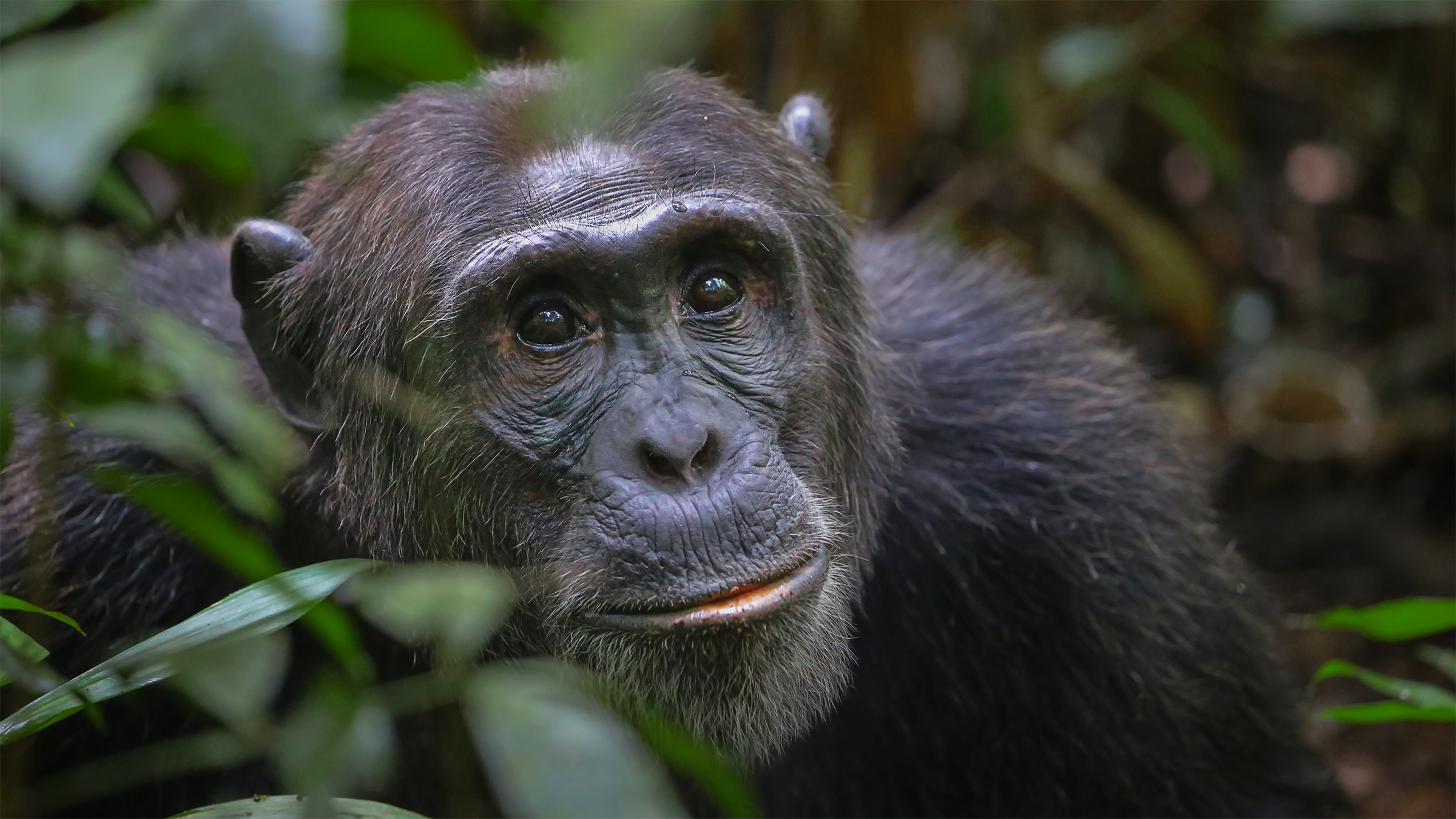
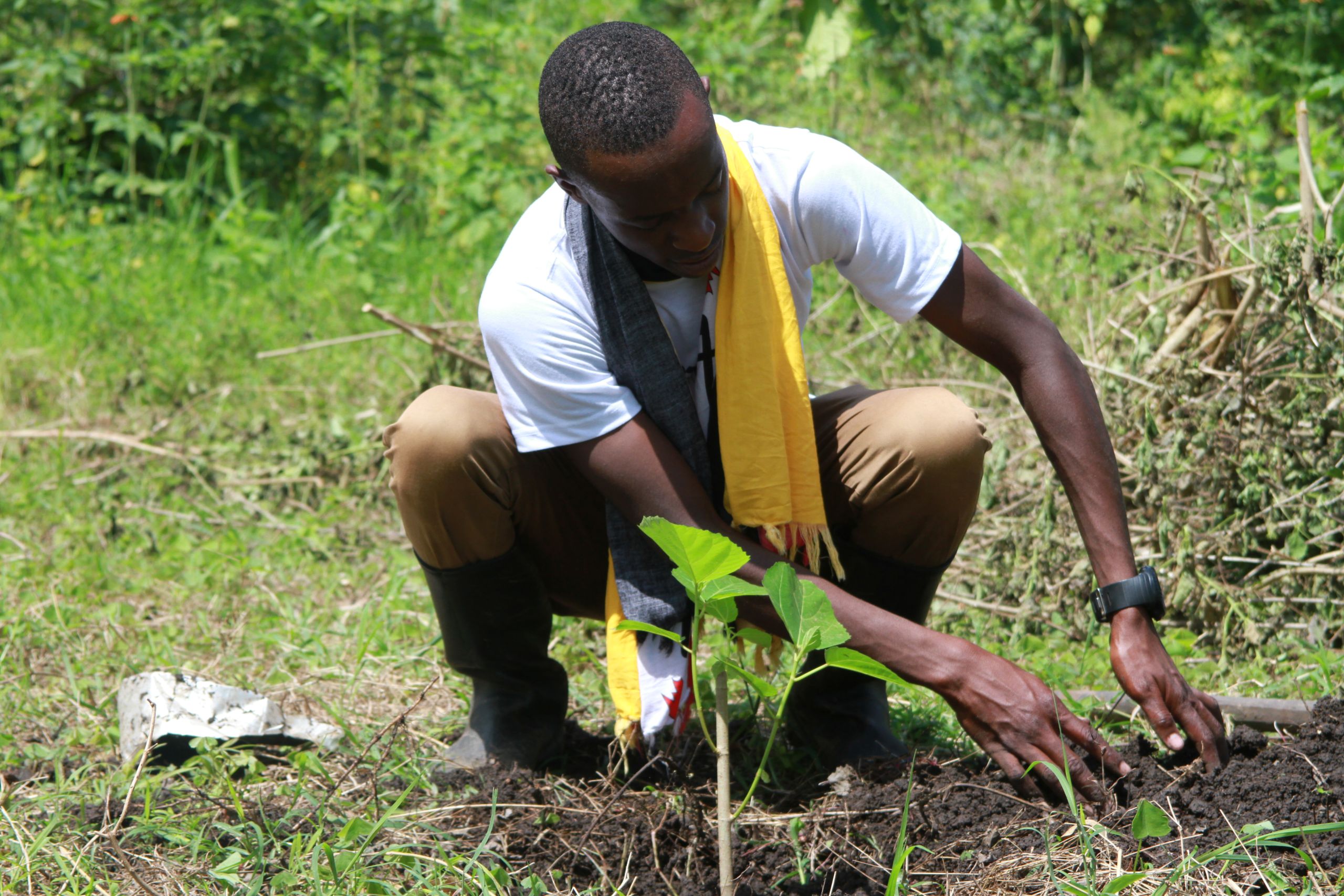
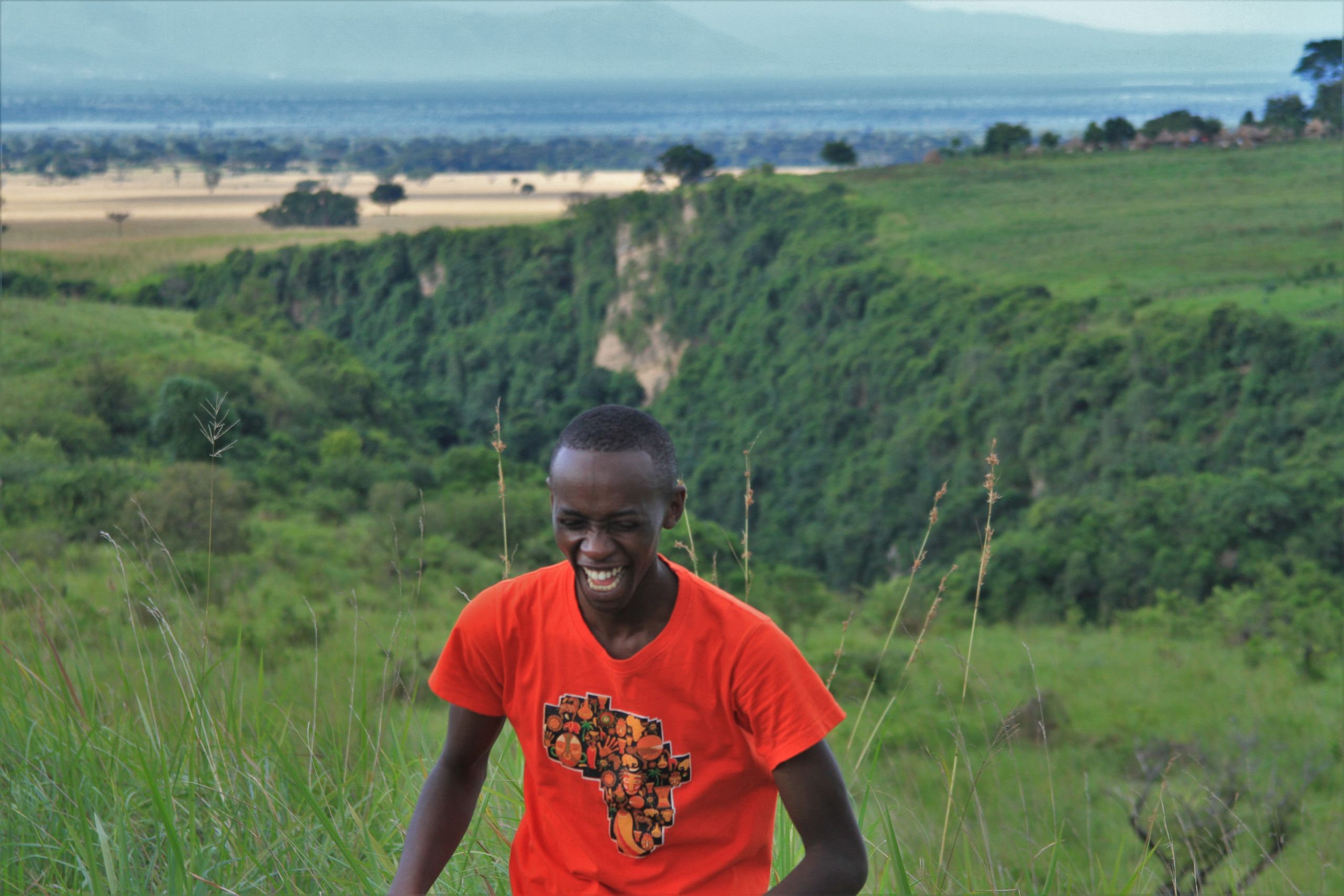
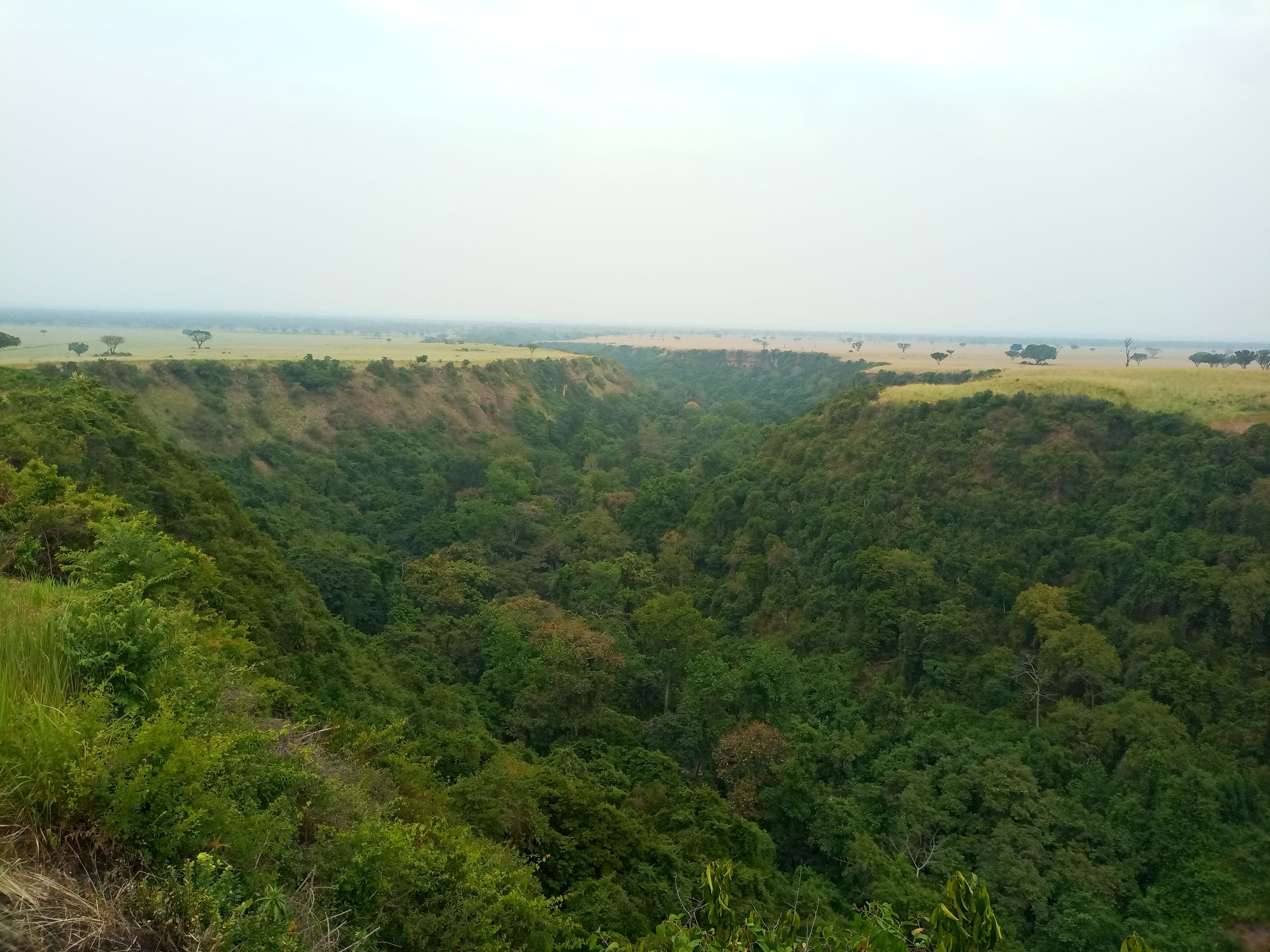



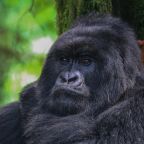
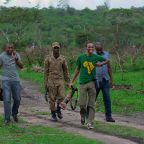
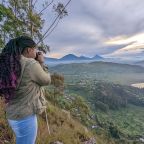
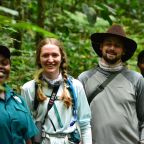
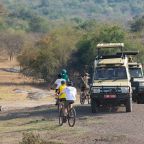
4 Comments
[…] many travellers, a safari holiday in Uganda is incomplete without gorilla and chimpanzee trekking. These experiences come with permit […]
[…] on your Uganda photo tour is Kibale National Park, one of the best places in the world for chimpanzee tracking. The lush Kibale Forest is home to chimpanzees, monkey species, and hundreds of bird species, […]
[…] in the eastern part of the park, Kyambura Gorge is a hidden forest valley where visitors can track chimpanzees and other primate species like baboons, black-and-white colobus monkeys, and red-tailed […]
[…] Ready for a forest trek? Plan your Kyambura chimp tracking with Hillary Uganda […]
Comments are closed.